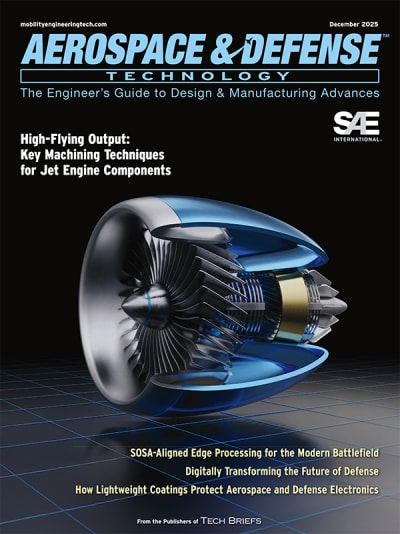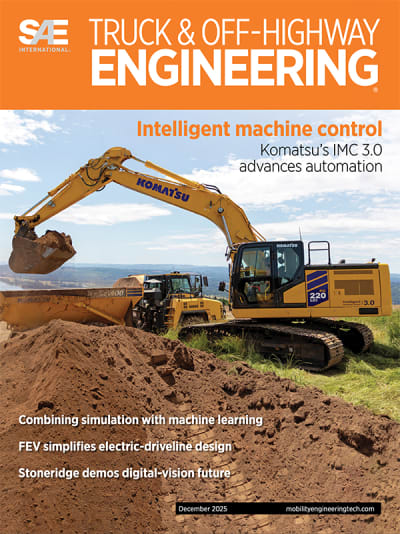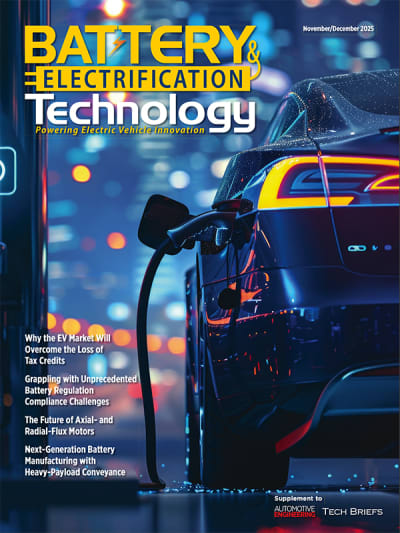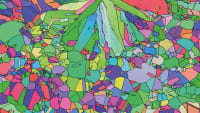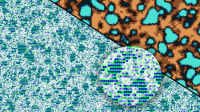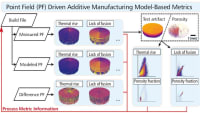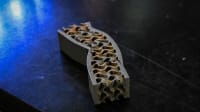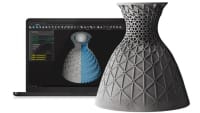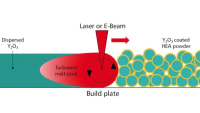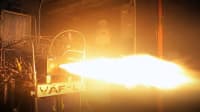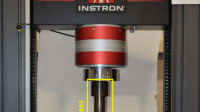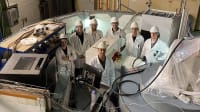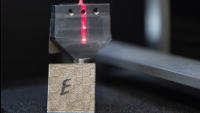Machine Learning Makes Light Work of AM Aerospace Alloys

Project MEDAL: Machine Learning for Additive Manufacturing Experimental Design is being led by Intellegens, a University of Cambridge spin-out specializing in artificial intelligence, the University of Sheffield AMRC North West, and global aerospace giant Boeing. Its aim is to accelerate the product development lifecycle of aerospace components by using a machine learning model to optimize additive manufacturing (AM) processing parameters for new metal alloys at a lower cost and faster rate.
AM is a group of technologies that create 3D objects from computer aided design (CAD) data. AM techniques reduce material waste and energy usage; allow easy prototyping, optimize and improve components; and enable the manufacture of components with superior engineering performance over their lifecycle. Project MEDAL’s research will concentrate on metal laser powder bed fusion - the most widely used AM approach in industry - focusing on key parameter variables required to manufacture high density, high strength parts.
Aerospace components have to withstand certain loads and temperature resistances, and some materials are limited in what they can offer. There is also simultaneous push for lower weight and higher temperature resistance for better fuel efficiency, bringing new or previously impractical-to-machine metals into the aerospace material mix.
One of the main drawbacks of AM is the limited material selection currently available and the design of new materials, particularly in the aerospace industry, requires expensive and extensive testing and certification cycles which can take longer than a year to complete and cost as much as £1 million to undertake. Project MEDAL aims to accelerate this process, using Machine Learning (ML) to rapidly optimize AM processing parameters for new metal alloys, making the development process more time and cost efficient.
According to Ben Pellegrini, CEO of Intellegens, experimental design techniques are extremely important to develop new products and processes in a cost-effective and confident manner. The most common approach is Design of Experiments (DOE), a statistical method that builds a mathematical model of a system by simultaneously investigating the effects of various factors.
“DOE is a more efficient, systematic way of choosing and carrying out experiments compared to the Change One Separate variable at a Time (COST) approach. However, the high number of experiments required to obtain a reliable covering of the search space means that DOE can still be a lengthy and costly process, which can be improved,” explained Pellegrini.
“The machine learning solution in this project can significantly reduce the need for many experimental cycles by around 80%. The software platform will be able to suggest the most important experiments needed to optimize AM processing parameters, in order to manufacture parts that meet specific target properties. The platform will make the development process for AM metal alloys more time and cost efficient. This will in turn accelerate the production of more lightweight and integrated aerospace components, leading to more efficient aircrafts and improved environmental impact.”
Intellegens will produce a software platform with an underlying machine learning algorithm based on its Alchemite platform. It has already been used successfully to overcome material design problems in a University of Cambridge research project with a leading OEM where a new alloy was designed, developed and verified in 18 months rather than the expected 20-year timeline, saving about $10m.
Top Stories
INSIDERRF & Microwave Electronics
![]() FAA to Replace Aging Network of Ground-Based Radars
FAA to Replace Aging Network of Ground-Based Radars
PodcastsDefense
![]() A New Additive Manufacturing Accelerator for the U.S. Navy in Guam
A New Additive Manufacturing Accelerator for the U.S. Navy in Guam
NewsSoftware
![]() Rewriting the Engineer’s Playbook: What OEMs Must Do to Spin the AI Flywheel
Rewriting the Engineer’s Playbook: What OEMs Must Do to Spin the AI Flywheel
Road ReadyPower
![]() 2026 Toyota RAV4 Review: All Hybrid, All the Time
2026 Toyota RAV4 Review: All Hybrid, All the Time
INSIDERDefense
![]() F-22 Pilot Controls Drone With Tablet
F-22 Pilot Controls Drone With Tablet
INSIDERRF & Microwave Electronics
![]() L3Harris Starts Low Rate Production Of New F-16 Viper Shield
L3Harris Starts Low Rate Production Of New F-16 Viper Shield
Webcasts
Energy
![]() Hydrogen Engines Are Heating Up for Heavy Duty
Hydrogen Engines Are Heating Up for Heavy Duty
Energy
![]() SAE Automotive Podcast: Solid-State Batteries
SAE Automotive Podcast: Solid-State Batteries
Power
![]() SAE Automotive Engineering Podcast: Additive Manufacturing
SAE Automotive Engineering Podcast: Additive Manufacturing
Aerospace
![]() A New Approach to Manufacturing Machine Connectivity for the Air Force
A New Approach to Manufacturing Machine Connectivity for the Air Force
Software
![]() Optimizing Production Processes with the Virtual Twin
Optimizing Production Processes with the Virtual Twin

